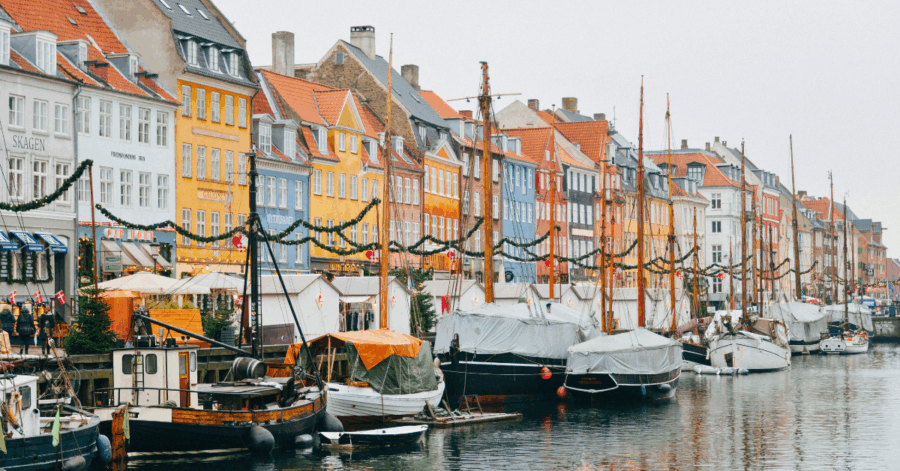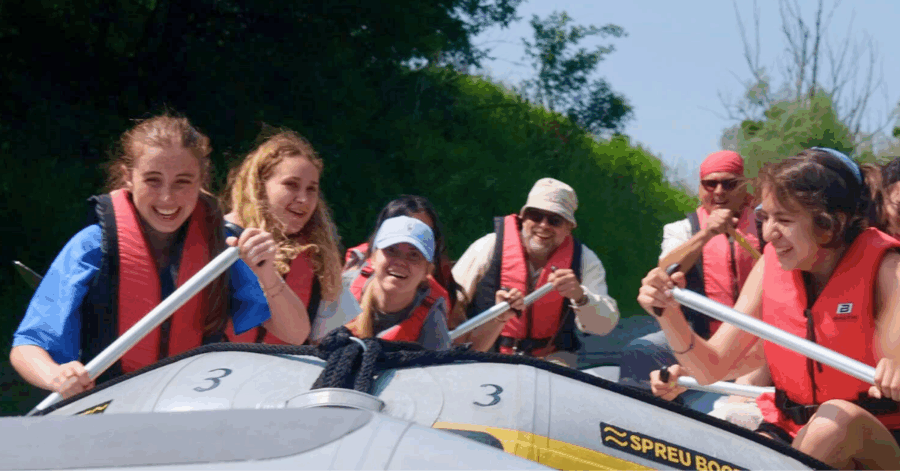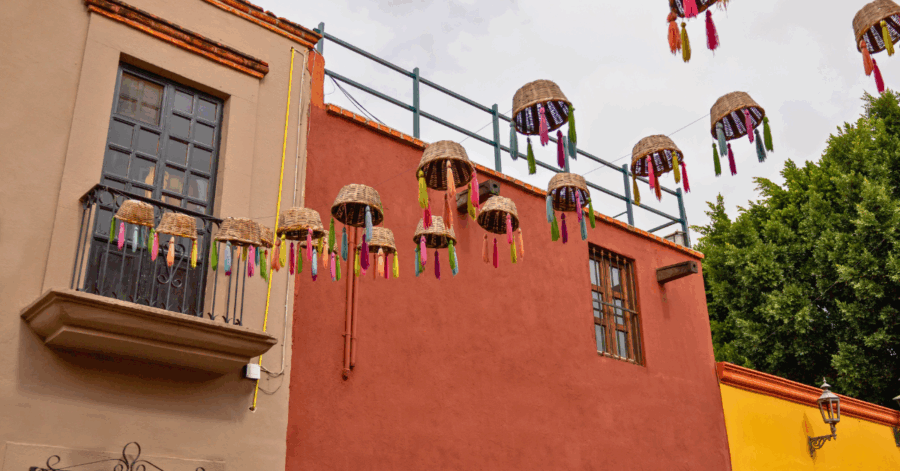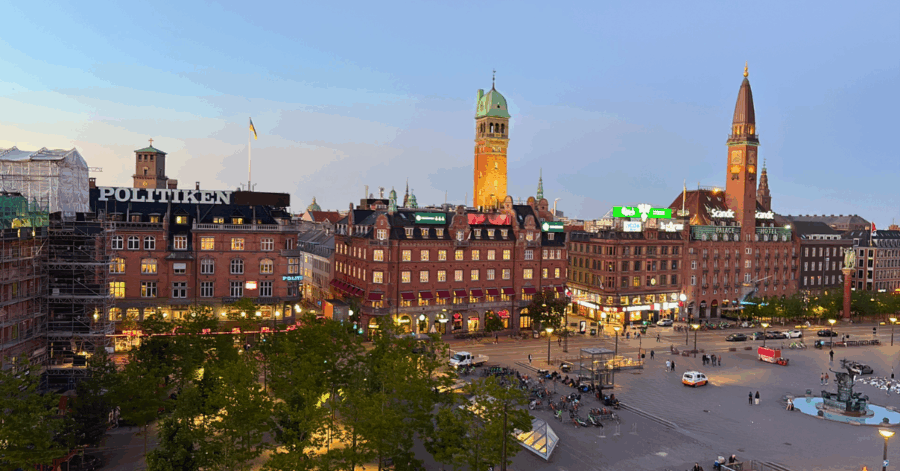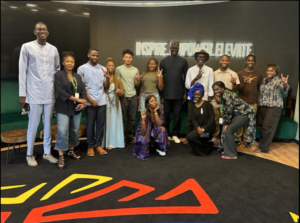
About halfway through my internship program, I became overwhelmed by countless power outages, a variety of native bugs, the inescapable Senegalese heat and frustrating language barriers. My second summer class had also started, and my days felt long and dreadful.
I kept asking myself, “What am I doing here?” and constantly pondering whether I’d made the right choice by studying abroad in Senegal. I had completely lost touch with what brought me here in the first place, and honestly, I dreamed of the day I would fly back home.
But my great aunt Betty must have heard my prayers — because the next week brought me a joy that has yet to fade: The other interns and I were granted an opportunity to meet with the leaders of the Basketball Africa League (BAL)!
When I walked out of the elevator and into the BAL headquarters, I was immediately enamored with the décor surrounding the office. It almost resembled a museum of basketball in Africa. It reminded me of the NBA headquarters in New York City, and I thought to myself, “Wow, a piece of the U.S. in Africa!”
However, this was poor judgment: The BAL does not showcase the U.S. Instead, it focuses on exemplifying the true essence of Africa — a culturally abundant land with endless resources and unimagined talent.
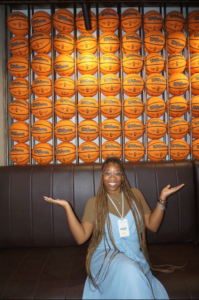
During our conversation with BAL leaders, I learned the significance behind bringing a popular sport to Africa and centralizing it in one platform. Traditionally, Black athletes who wanted to play professional basketball had to leave their home countries and play overseas.
For one example, look at the unbelievable talent of Hakeem Olajuwon, the Nigerian basketball star for the Houston Rockets who generated the largest number of blocks in a single season (nearly twice as many as the beloved Michael Jordan). While players from Africa have driven the NBA’s success in various ways, their departures simultaneously deplete Africa of its own continental talents.
During our conversation with BAL president Amadou Gallo Fall, he stressed the significance of keeping talent from Africa inside Africa. He wants to cultivate a basketball culture on the continent and shift the overall narrative of basketball in Africa. To do this, each team in the BAL is limited to only four foreign players; every other player must come from Africa. In this way, BAL’s main source of talent comes from inside Africa’s borders.
The games are much more than a pastime. In fact, they are becoming a pillar in generating tangible and intangible resources inside the continent. At each game, Afrobeat music plays (which excites the local crowds), a wide array of traditional clothing and African art is displayed, and sometimes local drummers and dancers perform during breaks in the games.
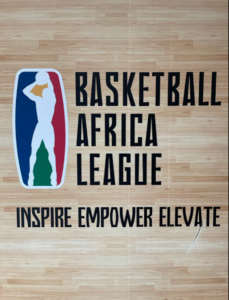
The final games between African countries drive crowds that are motivated by the love of their hometown. The impassioned crowds get crazy, to say the least! They are not only there to see their team win but also to gain global recognition for their home country, which may have been overlooked in the past.
Aside from the games, the BAL also handpicks students attending the NBA Academy Africa, which is housed in Senegal, to become the next players across the continent. In this academy, students attend classes, go to practice and undergo leadership coaching to understand their future as the next role models and leaders of their home countries. The NBA and BAL work together to nurture normally unseen talent by generating a constant stream of future pro players. It is a true community affair.
When one intern asked Mr. Fall how he planned to succeed despite Africa’s current place in global sports culture, he calmly responded, “The Western world is becoming oversaturated.”
He went on to say, “From the music industry to the emergence of globally recognized fashion designers, to the undeniable athletic ability of athletes from Africa, Africa is now.” In the next five to 10 years, I predict that various African countries will defeat the odds stacked against them and lead global popular culture by transforming the narrative to beloved a land one can dream of. As an African American, I am both honored and motivated to stand behind this vision.
This post was contributed by Trinity A. Dow, a Global Ambassador for Summer 2023. Trinity is a junior rhetoric and writing and UTeach Access program studies major studying abroad in Dakar, Senegal. Read her first blog here.


